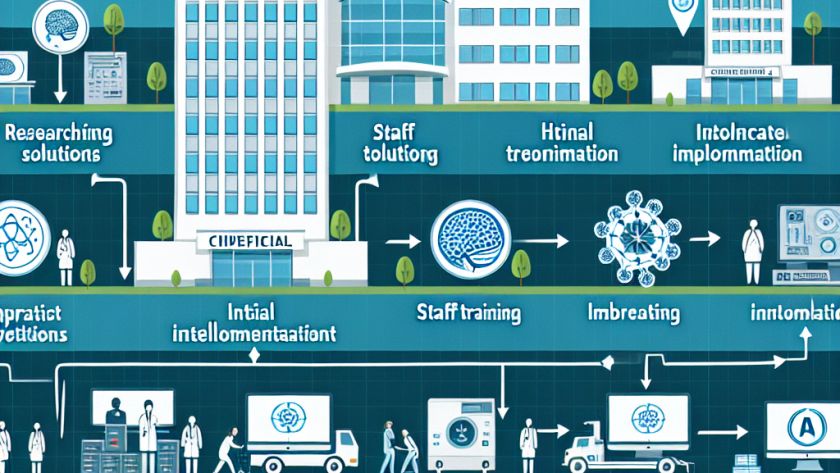In the domain of clinical AI, it is essential to understand the pertinent reasons for incorporating AI, rather than solely focusing on the potential benefits. The choice to integrate AI should not be a whimsical decision, but one informed by concrete objectives to address specific issues.
Three distinct strategies to consider while integrating AI in…












